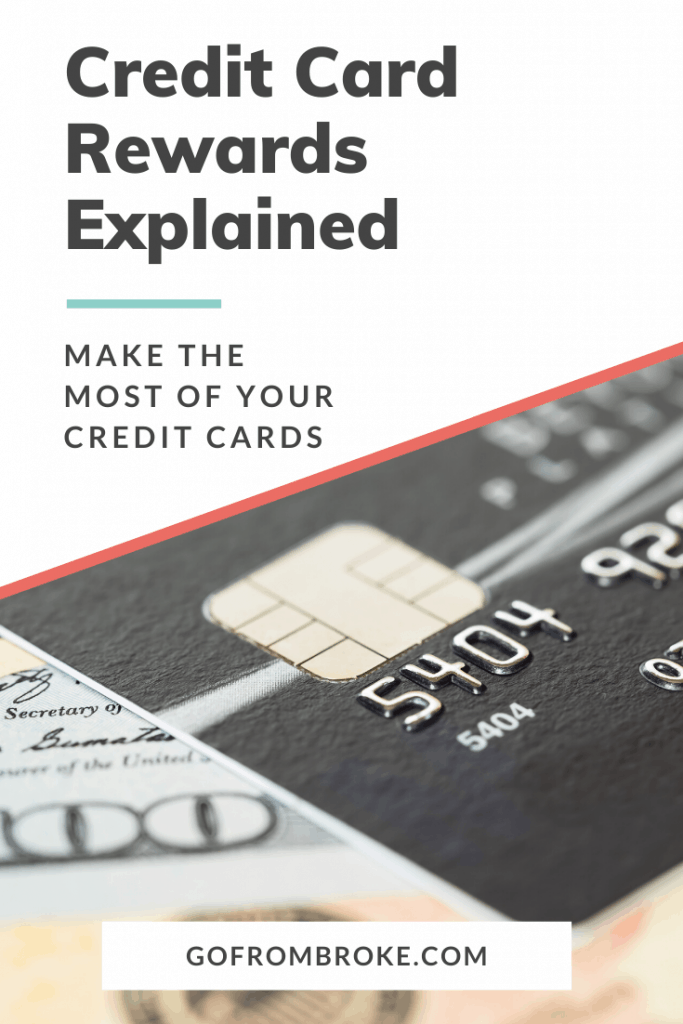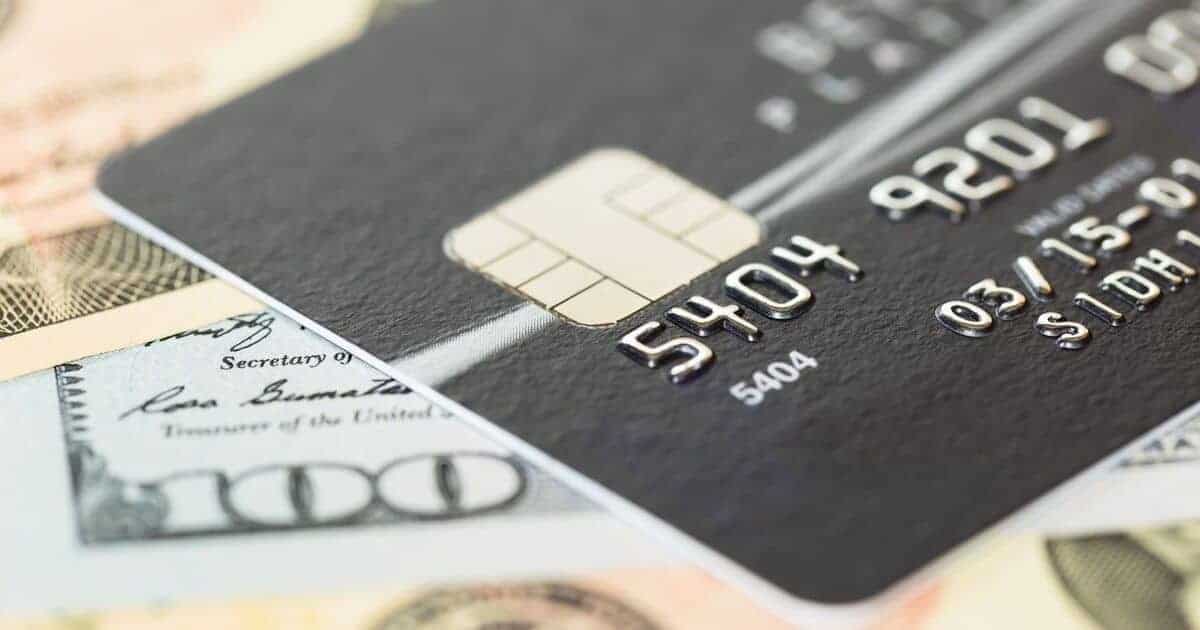Credit Card Rewards Explained
This post may contain affiliate links. As an Amazon Associate, I earn from qualifying purchases. Please read my disclosure policy for more info.
Credit cards have transformed how we think of personal finances. The availability of debt has been a boon to the economy and the banks, but often at the expense of the consumer.
But if you’re a savvy shopper and responsible with your usage, you can put credit cards to work for you and cash in on the various rewards they offer.
Keep reading to find out how you can take advantage of rewards credit cards.
Stress less & save more!
This FREE budget guide will help you create a budget that works for you!
What Are Credit Card Rewards?
Credit card rewards are perks offered by credit card companies to “reward” you for spending using their card.
Since credit card companies collect fees every time you swipe your card, it’s in their interest to incentivize you to use their card.
Most reward programs are structured to reward you based on either your total amount of spending or the categories in which you spend.
The 2 Main Types of Rewards Credit Cards
The majority of credit cards offer either cash back rewards or points. Most of the popular points cards are geared toward travel, but there are some that offer more general shopping options like store gift cards or electronics.
Cash Rewards Credit Cards

Cash reward cards vary in both how much they reward you and how they determine how much they’ll reward you.
For example, some cards have a flat-rate percentage you can earn on all your purchases. My Capital One Spark card gives me a straight 2% cash back on every purchase I make.
Other cards vary the percentages based on the categories or methods of your purchase.
For example, my Apple Card will pay a higher percentage if I use ApplePay vs the physical card and they pay an even higher percentage for items bought from their stores.
Travel Reward Credit Cards
Travel reward cards can also vary in their complexity, but in general, the focus is more on which specific type of travel you want to focus on.
Some cards offer more comprehensive options where you can redeem points directly for miles or hotel stays. They may also let you transfer your points to partner airlines and hotels, giving you more options and money-saving potential.
Many cards are partner cards that only apply to a specific company’s offerings.
For example, you won’t be able to apply any points earned on a Delta partner card toward a Southwest flight.
Most airlines and hotels offer their own cards, but there are also some more generic travel cards that partner with multiple companies to offer discounted point swaps.
Are Reward Cards Worth Paying the Fee?
In general, you should avoid paying annual fees for your credit cards. But in the case of some reward cards, it may be worth the cost.
With travel cards, the average value of a point is only a penny. But according to NerdWallet, the average sign-up bonus is worth $556. So depending on your needs and usage, an annual fee may be worthwhile.
It’s up to you to do the math for your situation and determine whether the initial annual fee is worth it and whether you’ll benefit from keeping the card in the future.
For example, my American Express Blue Preferred Card costs $99 annually. But with 6% cash back on groceries and 3% on gas and other categories, it pays for itself. We regularly collect over $500 a year in cash back just in those two categories.
Typically travel reward cards offer high sign-up bonuses to make up for the annual fee, making it worthwhile to apply, but maybe not worth keeping once you’re trip is over.
For example, we used the Disney Premier Visa card a couple of years back to take advantage of some perks for our trip to Disneyland but then downgraded to the regular Disney card before paying additional annual fees once our trip was over.
Not all cards offer a free lower-benefit tier, but it’s worth considering before you decide which card(s) to apply for.
Depending on the card and how you intend to use it, you may even be able to get the first year’s fee waved and make any bonuses worth more.
It’s worth noting that not all cards have an annual fee. Many of the cashback cards actually don’t, making them an even greater value for those who don’t travel a lot.
We use our Citi Double Cashback card for all non-gas and grocery purchases, including any bills that accept automatic credit card payments and usually earn another $800 each year.
Are Rewards Credit Cards Worth the Risk of Debt?
Let’s be honest here. If you’re adding to your debt thinking you‘ll save money or get cash back, you’re doing it wrong.
Credit rewards can be extremely advantageous, but only if you’re responsible and strategic with how you use them.
Between annual fees and interest charges, any perks or bonuses are quickly wiped away if you aren’t paying off your cards each month and having to pay interest or fees.
It’s never a good idea to use reward cards if you’re struggling with debt.
Credit card companies offer these incentives to try to get your business with the hopes that you won’t be paying your card off each month.
While they earn money on every transaction swipe, the main reason these companies can afford to give you cash back or points is that other cardholders are paying for it with their interest and fees.
Don’t be one of those other cardholders.
The goal is to take advantage of these offers, not be the one paying for someone else to get them.
Best Rewards Credit Cards
As a personal finance blog focused on helping you get out of debt and take control of your finances, I’m no expert on the best cards for every situation.
That said, the cards we personally use and have benefited the most from are:
- American Express Blue Preferred
- Citi Double Cash Back
- Capital One Spark (business card)
- Apple Card
For a more comprehensive comparison and to pick a card based on your goals check out NerdWallet’s page here: https://www.nerdwallet.com/the-best-credit-cards.
Time to Do Your Research
Credit cards and their various benefits or risks aren’t the easiest things to decipher.
In order to take full advantage of the perks they offer, you need to do your research and understand what your purpose is for using them.
This post is meant to be a
For more information on reward cards in general, check out NerdWallet.
If you are interested is in using travel cards to redeem cheap or even free vacations, check out The Points Guy for complete guides and tips.
Want to work together?
I would love to help you gain clarity and confidence with your money! If you’re ready to stress less, save more, and enjoy your money, click below to learn more about financial coaching.










